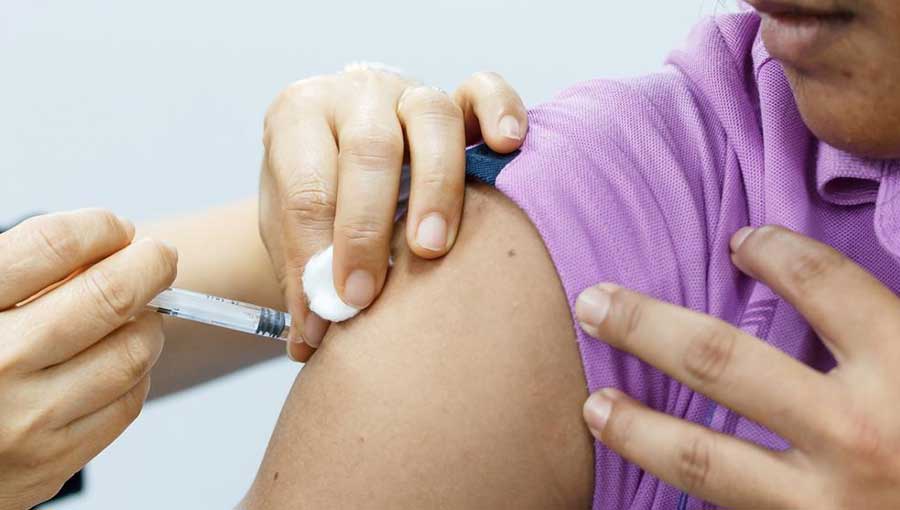All You Need to Know About Shingles Vaccines
Many health-related problems tend to crop up in human beings as they grow old. Their body is more prone to viral and bacterial infections, and their immunity levels go down as well. Shingles is a problem that older people, usually between the ages of 60 to 80, experience from time to time. The varicella-zoster virus causes this illness where patients suffer from red rashes and bumps on one part of the body.

What are the symptoms of shingles?
People older than 60 years old can opt to get shingles vaccines to prevent this illness. However, it is still essential to know the symptoms in advance so that one can deal with the problem when it occurs. Here are some common symptoms of shingles:
- Burning pain in specific areas of the skin
- Redness and rashes
- Soreness
- Numbness
- Painful water-filled blisters
- Itching
- Fever
- Chills and headache
- Fatigue
- Muscle weakness
Who should get the shingles vaccine?
There are a few shingles vaccines available in the market that can help prevent this disease. However, this vaccine is meant for people over the age of 60. Seniors with a history of chickenpox must get the shingles vaccine so that they can fight with the illness without any hassles. Even though the recurrence of this disease is quite rare, it is better to get vaccinated after suffering from shingles as the virus might not have left the body.
What are the possible side effects of the shingles vaccine?
Some vaccines can have mild to severe side effects. The shingles vaccine is known to have very mild side effects such as a headache for a few days, or temporary redness, swelling, and soreness at the site of injection. In rare cases, people may develop an allergy after getting vaccinated. This condition is known as anaphylaxis. Doctors can confirm the allergy through a few signs such as dizziness, swollen face, increased pulse rate, and wheezing. If people face any health issues after getting the vaccination, they should visit a doctor immediately.



